her2 positive foods to avoid
 HER2-Positive: Foods to Avoid, Foods to Eat in Breast Cancer Diet
HER2-Positive: Foods to Avoid, Foods to Eat in Breast Cancer DietDietary Options to Help Prevent Breast Cancer No food or diet can prevent or cause breast cancer, but a person's dietary options can make a difference in their risk of developing breast cancer or their overall well-being while living with the condition. is a complex disease with many contributing factors. Some of these factors, such as age, family history, genetics and gender, are not under the control of a person. However, a person can control other factors, such as smoking, levels of physical activity, and diet. Some researchers have suggested that dietary factors could be responsible for all. Breast cancer can start in different places, grow in different ways and require different types of treatment. Like particular types of cancer best respond to certain treatments, some cancers respond well to specific foods. The following foods can play a role in a healthy diet in general, and can also help prevent the development or progression of breast cancer: Dietary patterns that prioritize these foods:A of 91,779 women found that after a diet composed mainly of plants could reduce the risk of developing breast cancer by 15%. Along with its other benefits, fruits and vegetables are rich in flavonoids and carotenoids, which seem to have several medical benefits. have suggested that the following foods can help prevent breast cancer: they have associated, which naturally occurs in vegetables such as carrots, with a lower risk of breast cancer. Scientists speculate that this may be because it interferes with the process of growth of cancer cells. The United States Department of Agriculture (USDA) recommends eating between five and nine portions of fresh fruits and vegetables a day. Research and its effect on breast cancer is currently inconclusive, but several studies have suggested that it can help protect against the disease. Excess in the development and spread of some types of breast cancer. Some treatments aim to prevent estrogen from interacting with breast cancer cells. Eating a high fiber diet can support this process and accelerate the removal of estrogen. Fiber supports the digestive system and regular disposal of wastes, including excess estrogen. It helps the body eliminate toxins and limits the damage they can do. The way the fiber binds to the estrogen in the intestine can also help prevent the body from absorbing too much estrogen. These factors may be the risk of breast cancer. Fruits, vegetables, whole grains and legumes provide fiber, but also contain antioxidants, including beta carotene and vitamins C and E. Antioxidants can help prevent many diseases by reducing the number of free radicals, which are waste substances that the body naturally produces. By 2013 he found that people who eat more whole grains may have a lower risk of breast cancer. The recommendation of an intake of up to 33.6 grams of fiber a day, depending on the age and sex of a person. Fatty foods can lead to , and people with obesity seem to have a greater risk of developing cancer, including breast cancer. Some dietary fats are necessary for the body to work properly, but it is important to consume the right type. Polyunsaturated and monounsaturated fats can be beneficial in moderation. They are present in:Cold water fish, such as salmon and herring, contain a healthy polyunsaturated fat called. This fat can also help reduce the risk of breast cancer. on healthy fats. The authors of a 2015 cited a rodent study in which rodents who consumed 8-25% of their omega-3 fats seemed to have a probability of 20-35% lower than developing breast cancer. They also cited another study in which more than 3,000 women participated, which showed that those with high levels of omega-3 had a lower risk of breast cancer recurrence in the next 7 years. The health benefits of omega-3 fatty acids can be due to their ability to reduce. Inflammation can be a factor that contributes to breast cancer. Soybean is a healthy diet that can help reduce the risk of breast cancer. It is a plant-based product that is rich in proteins, healthy fats, vitamins and minerals but low in . It also contains antioxidants known as isoflavones. The authors of a 2017 who examined data for 6,235 women concluded that, in general, "a higher dietary intake of isoflavone was associated with reducing mortality for all causes". Researchers were investigating whether soy consumption was a good idea for people with breast cancer. Soybean can also low-density lipoprotein (LDL), or "bad" levels, and decrease the risk of . Along with obesity, these conditions are risk factors that contribute to metabolic syndrome, which involves inflammation. Inflammation can be found in breast cancer, although the role it plays is still uncertain. Soybean is present in foods such as:Some people question whether soybeans could increase the risk of breast cancer because it contains isoflavones, which resemble estrogen. However, the author of a 2016 notes that estrogen is not the same as isoflavones and that both are not behaved in the same way. According to the author, the American Menopausa Society has concluded that isoflavones do not increase the risk of breast cancer. Foods that can from different types of cancer, including breast cancer, include: AlcoholStudies have identified a link between regular alcohol consumption and increased risk of breast cancer. report that alcohol can increase estrogen levels and cause DNA damage. They also note that women who drink three alcoholic beverages per week increase their risk of developing breast cancer by 15%. According to estimates, the risk increases around 10% with each additional drink per day. SugarFrom 2016, mice who ate a diet as rich in sugar as the typical diet in the US were more likely to develop tumors of breast glands similar to human breast cancer. In addition, these tumors were more likely to spread or spread. Fat suggests not all fats are bad. Although the fat of processed foods seems to increase the risk of breast cancer, some plant-based fats can help reduce it. They are a type of fat that is common in processed foods and prefacts. Scientists have linked him to a higher risk of breast cancer. Trans fats are most commonly produced in processed foods, such as fried foods, cookies, donuts and packaged cookies or cakes. People should limit their consumption of trans fats whenever possible. Red meat Some have found a link between red meat and a higher risk of breast cancer, especially if a person cooks meat at high temperatures, which can trigger toxin release. In addition, processed meats and cold cuts tend to be high in fat, salt and preservatives. These may increase instead of reducing the risk of breast cancer. In general, minimizing food processing makes it healthier. Vitamin D of food and sunlight exposure can be against breast cancer. Vitamin D is present in eggs, cold water fish and fortified products. A person may consult a doctor to check their vitamin D levels. If these are low, the doctor may recommend a supplement. Green tea may have several health-friendly effects. It contains antioxidants, and these can help strengthen the immune system and reduce the risk of breast cancer. Turmeric is a yellow spice that may have anti-inflammatory properties that could limit the growth of breast cancer cells. Maintaining a healthy body weight is beneficial for overall well-being, but it is particularly important for people who want to prevent the development or recurrence of breast cancer. Obesity is known for the disease. Exercise is also important. The report that women who exercise for 4 hours a week or more have a lower risk of breast cancer. Talking to other people on condition, sharing recipes and sharing stories about which foods they've helped can be beneficial. People's access to an online breast cancer community, where users can connect with others and get advice and support through group discussions. After a healthy diet rich in fruits and vegetables and low in added sugar and trans fats can reduce the risk of breast cancer. It can also reduce the risk of obesity, a condition that increases the likelihood of a person developing breasts and other cancers. Last medical review on July 22, 2019Most recent newsRelated coverage
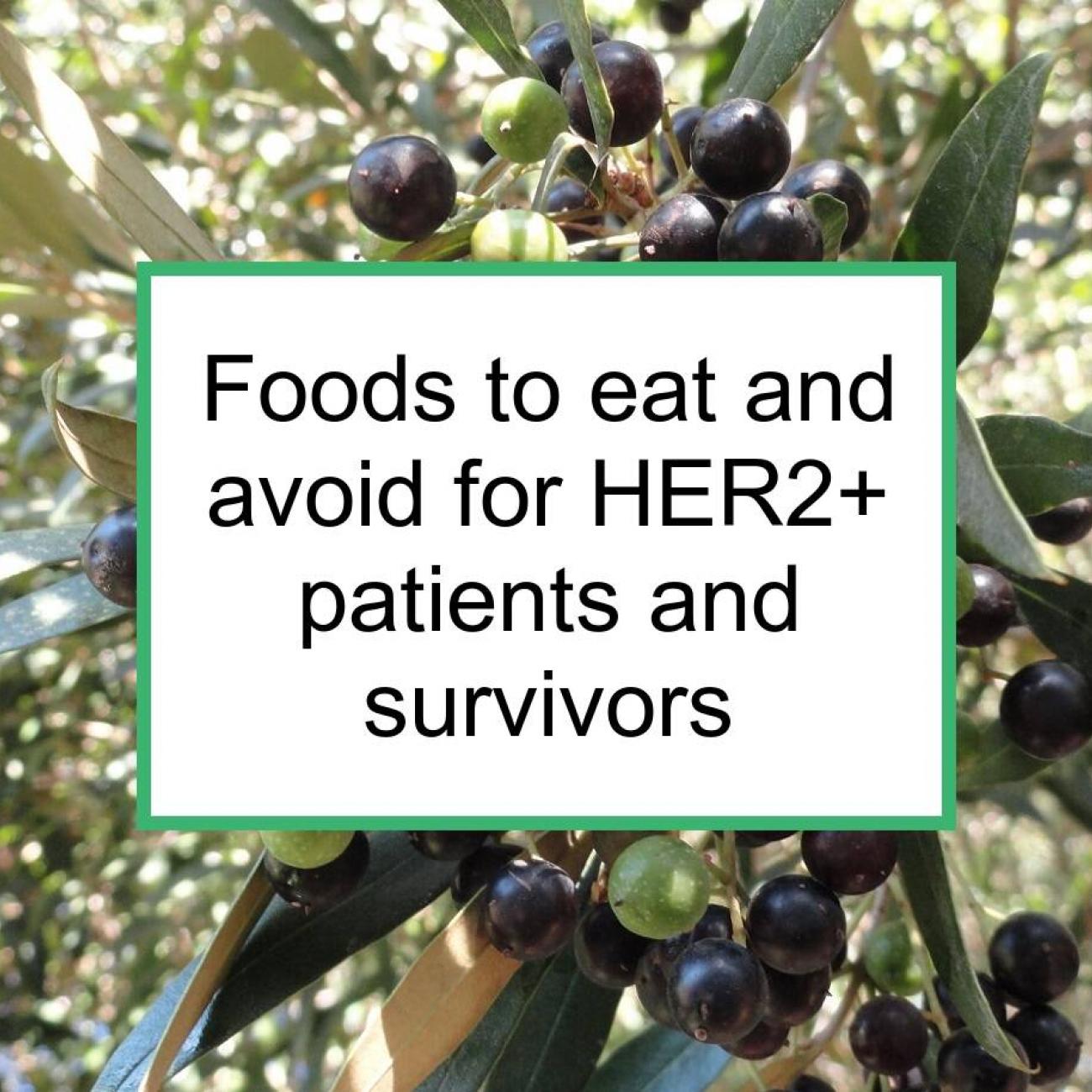
Foods To Eat And Avoid For her2+ Patients And Survivors | Food for Breast Cancer

HER2-Positive: Foods to Avoid, Foods to Eat in Breast Cancer Diet
:max_bytes(150000):strip_icc()/diet-and-breast-cancer-risk-430445_v2-01-0ede322953b740aeb5078a444def535e.png)
Foods to Reduce Breast Cancer Recurrence Risk

The Best Diet For HER2 Positive Breast Cancer | MarnieClark.com

Natural Compounds can fight HER2 positive breast cancer | CANCERactive

HER2-Positive: Foods to Avoid, Foods to Eat in Breast Cancer Diet
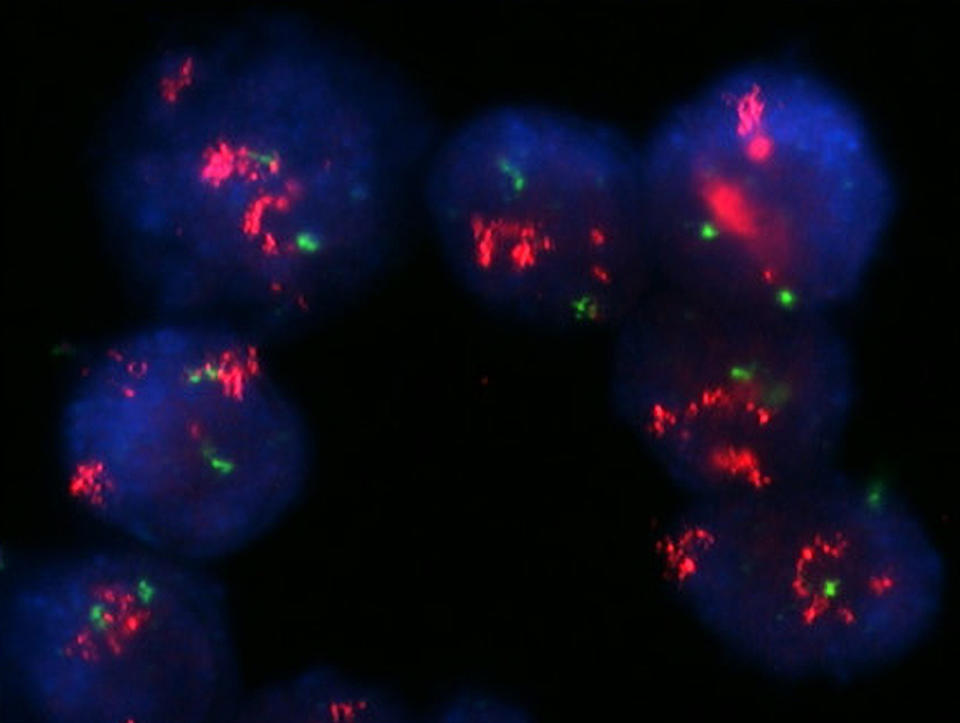
New Treatments Emerge for Metastatic HER2+ Breast Cancer - National Cancer Institute

her2 Positive Breast Cancer Prognosis | Food for Breast Cancer

Five natural compounds that help fight HER2 breast cancer | CANCERactive
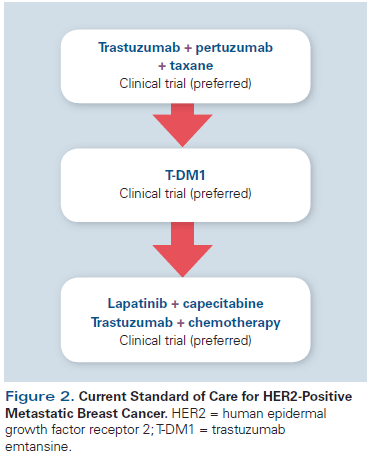
Management of Metastatic HER2-Positive Breast Cancer: Where Are We and Where Do We Go From Here?
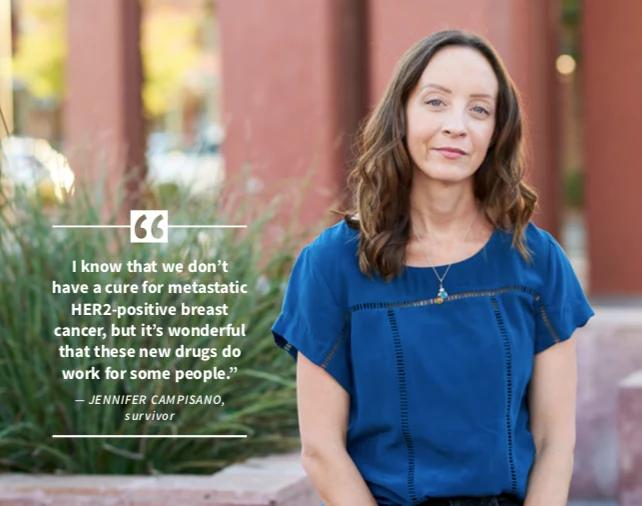
From One to Many: The Growing Treatment Landscape of HER2-Positive Breast Cancer

Incorporating the antidiabetic drug metformin in HER2-positive breast cancer treated with neo-adjuvant chemotherapy and trastuzumab: an ongoing clinical–translational research experience at the Catalan Institute of Oncology - Annals of Oncology
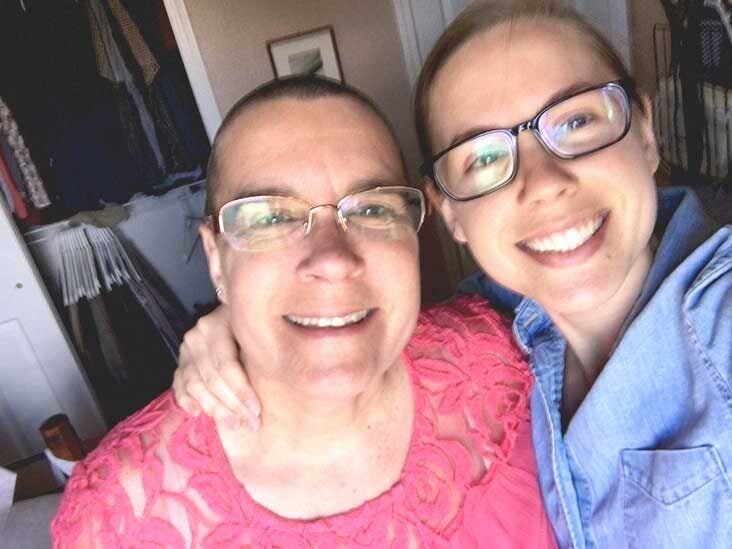
HER2-Positive: Foods to Avoid, Foods to Eat in Breast Cancer Diet

Her2

Trastuzumab emtansine versus taxane use for previously treated HER2-positive locally advanced or metastatic gastric or gastro-oesophageal junction adenocarcinoma (GATSBY): an international randomised, open-label, adaptive, phase 2/3 study - The Lancet ...

Herceptin® Improves Cancer-Free Survival in HER2 + positive Early Breast Cancer
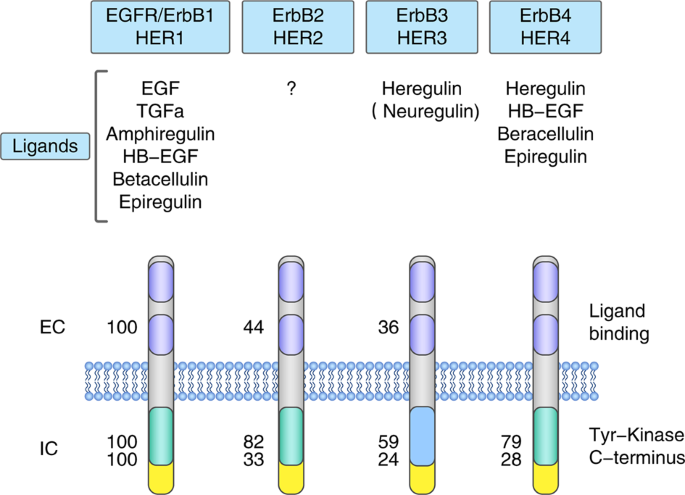
Targeted therapeutic options and future perspectives for HER2-positive breast cancer | Signal Transduction and Targeted Therapy

A Roundtable Discussion of the Breast Cancer Therapy Expert Group (BCTEG): Clinical Developments and Practice Guidance on Human Epidermal Growth Factor Receptor 2 (HER2)-positive Breast Cancer - Clinical Breast Cancer
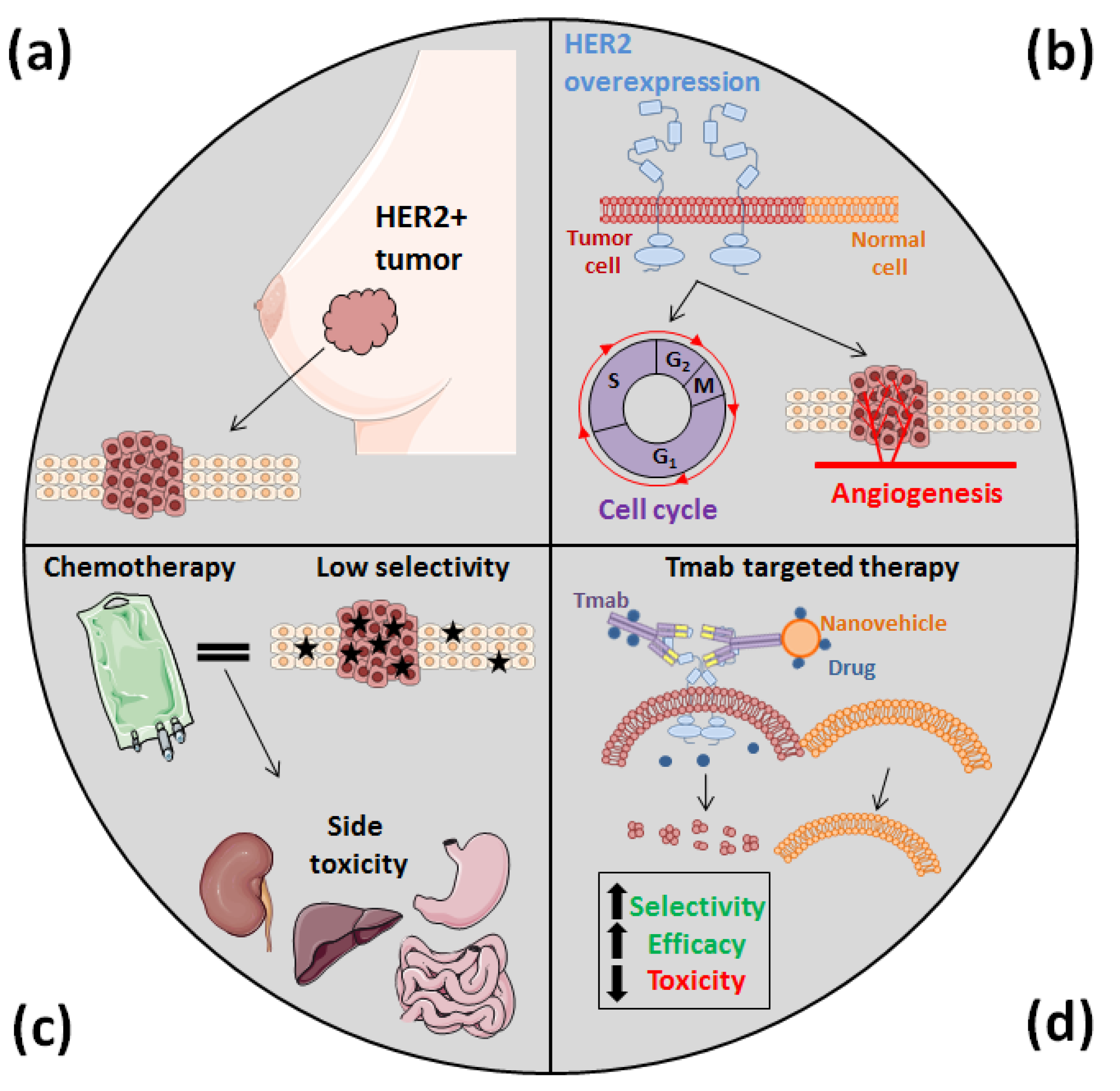
Nanomaterials | Free Full-Text | Trastuzumab: More than a Guide in HER2-Positive Cancer Nanomedicine | HTML
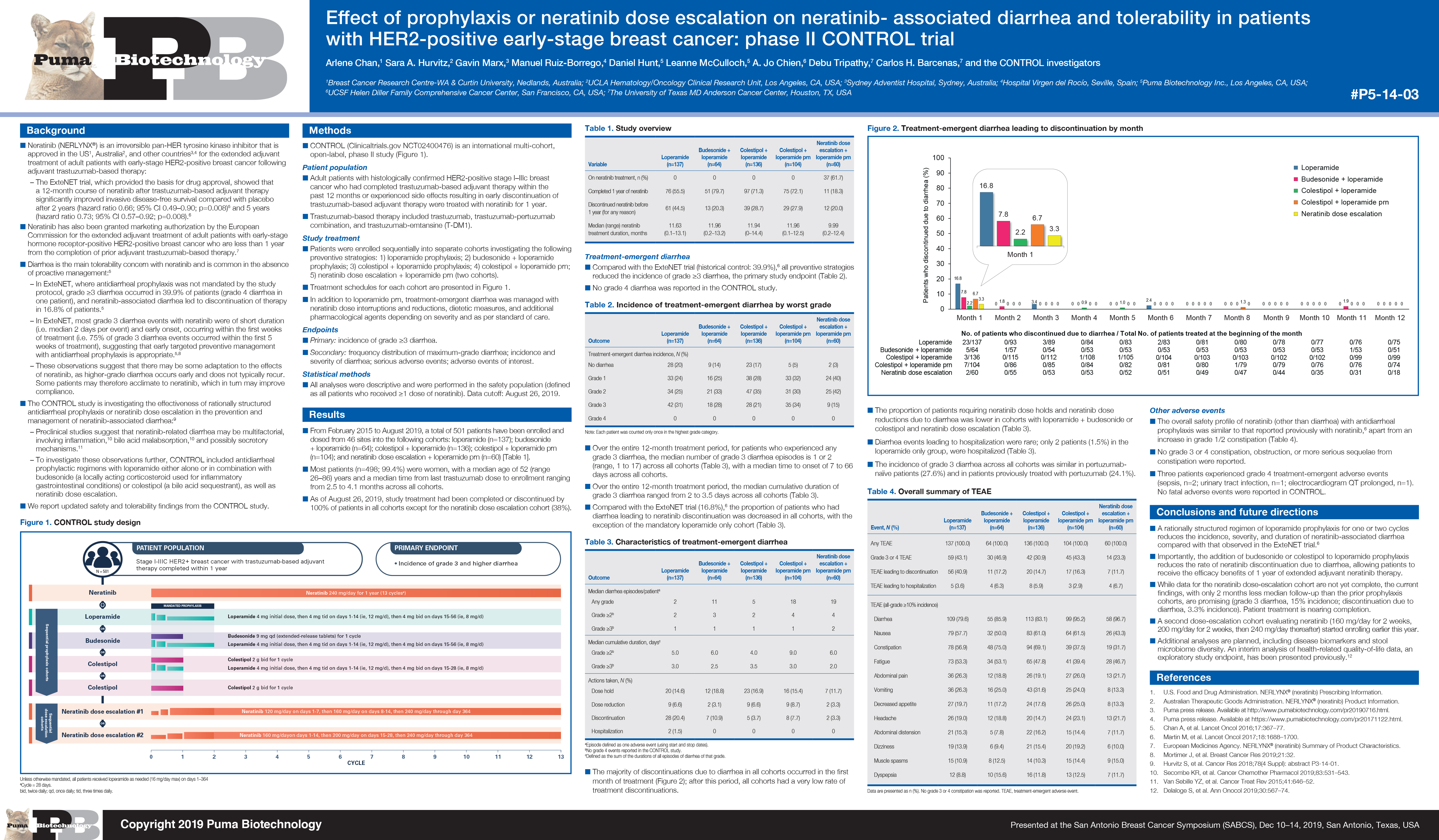
Puma Biotechnology Presents Interim Results of Phase II CONTROL Trial of Neratinib in Extended Adjuvant Treatment of HER2-Positive Early Stage Breast Cancer at the 2019 SABCS | Business Wire

Ongoing studies of first-line treatments for HER2 positive metastatic... | Download Table

Novartis, Lilly win in breast cancer; GSK, AstraZeneca cut ovarian cancer risk | S&P Global Market Intelligence

Breast cancer - The Lancet

Metastatic breast cancer and diet | LBBC
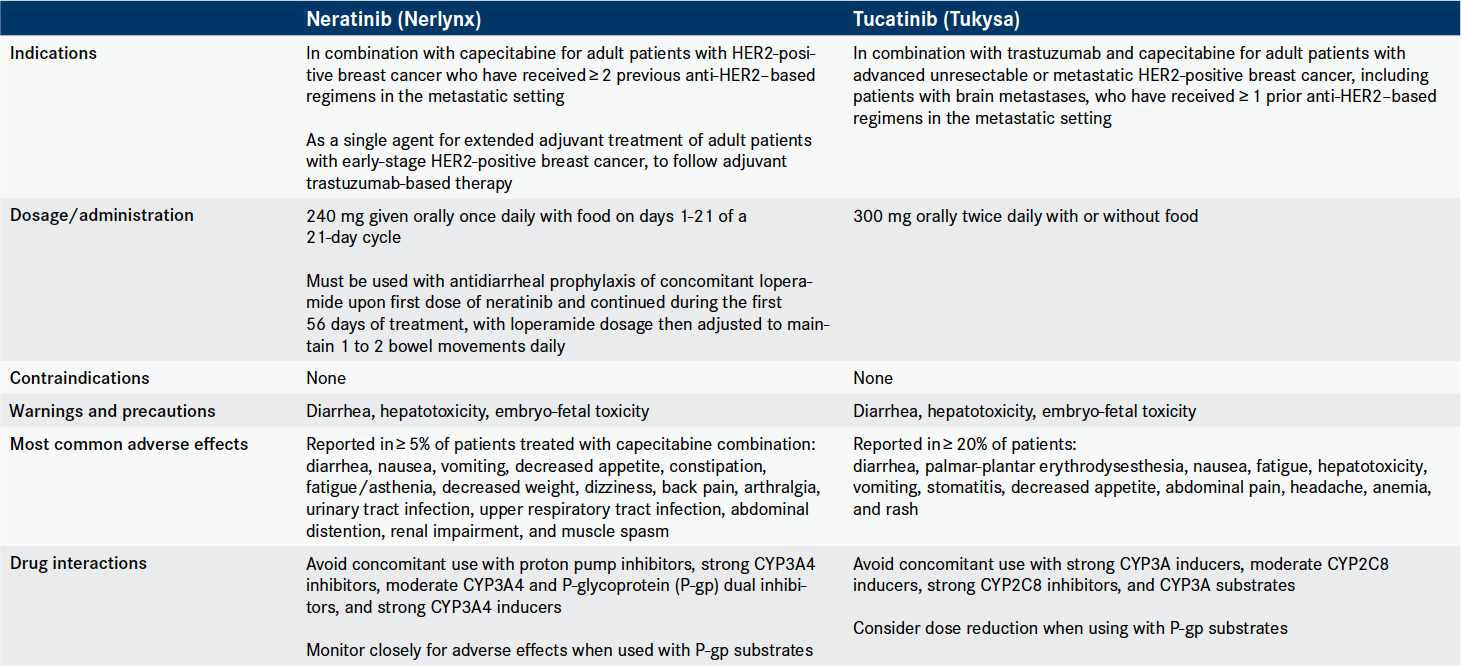
New Options Mark Major Strides in Treating HER2+ MBC

Systemic therapy for metastatic HER2-positive breast cancer - ScienceDirect

Improving Treatment of HER2-Positive Cancers: Opportunities and Challenges | Science Translational Medicine
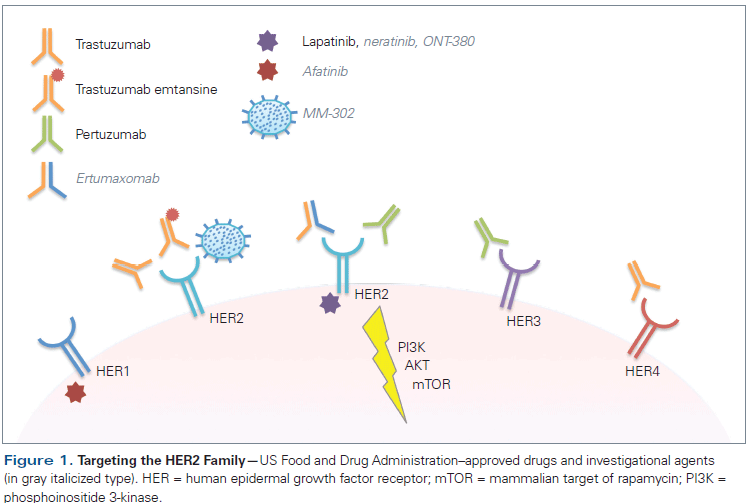
Management of Metastatic HER2-Positive Breast Cancer: Where Are We and Where Do We Go From Here?
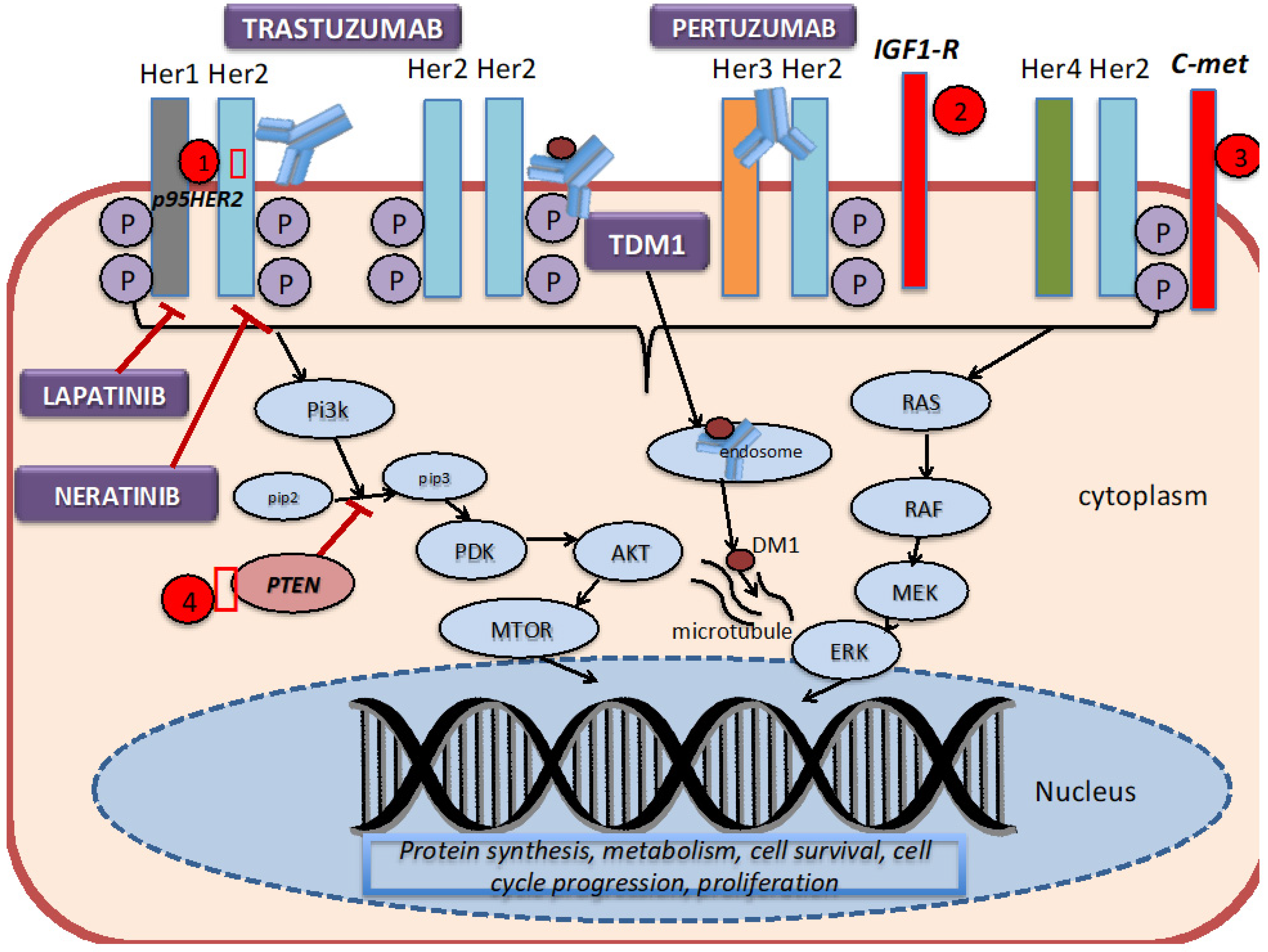
Cancers | Free Full-Text | The Changing Paradigm for the Treatment of HER2- Positive Breast Cancer | HTML

ENHERTU® Granted Priority Review in the U.S. for Treatment of HER2 Positive Metastatic Gastric Cancer
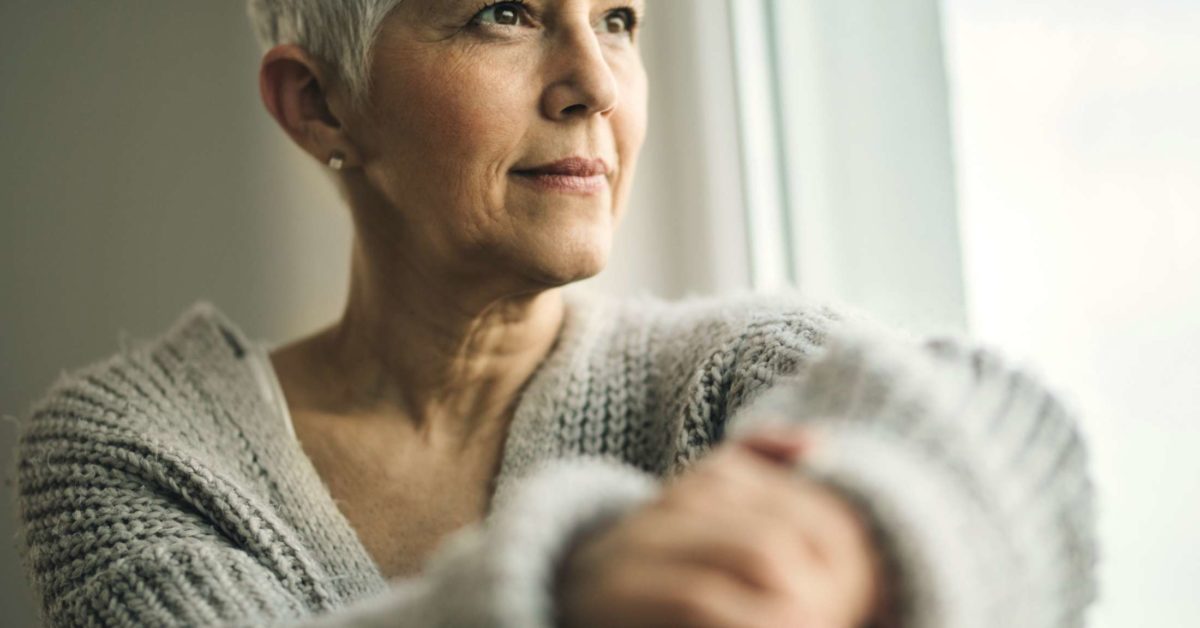
HER2-positive breast cancer: Causes, prevalence, and diagnosis

Early breast cancer: ESMO Clinical Practice Guidelines for diagnosis, treatment and follow-up† - Annals of Oncology
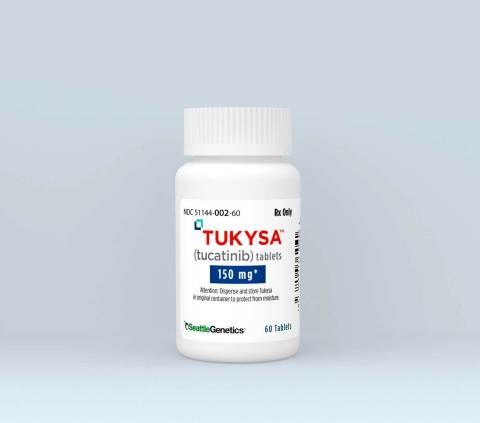
Seattle Genetics Announces U.S. FDA Approval of TUKYSA™ (tucatinib) for People with Advanced Unresectable or Metastatic HER2-Positive Breast Cancer | BioSpace

Mechanism of action of MM-302. a MM-302 binds to HER2 extracellular... | Download Scientific Diagram

Risk-based Approaches for Optimizing Treatment in HER2-Positive Early Stage Breast Cancer - ScienceDirect
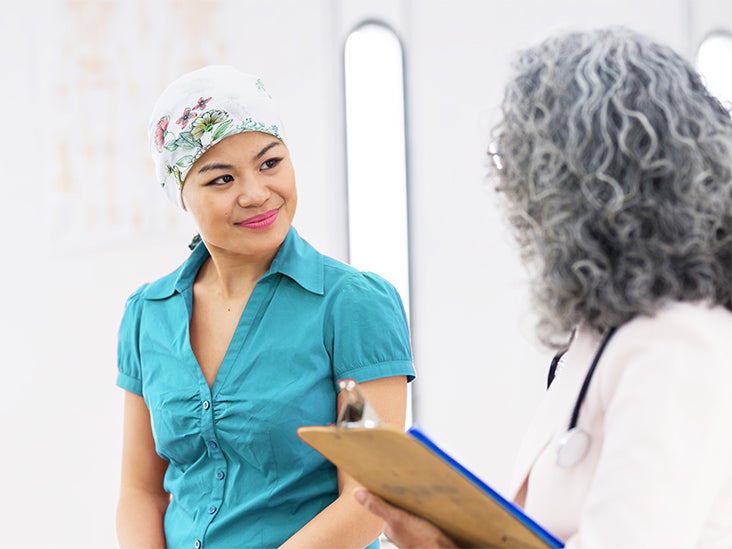
HER2-Positive: Foods to Avoid, Foods to Eat in Breast Cancer Diet
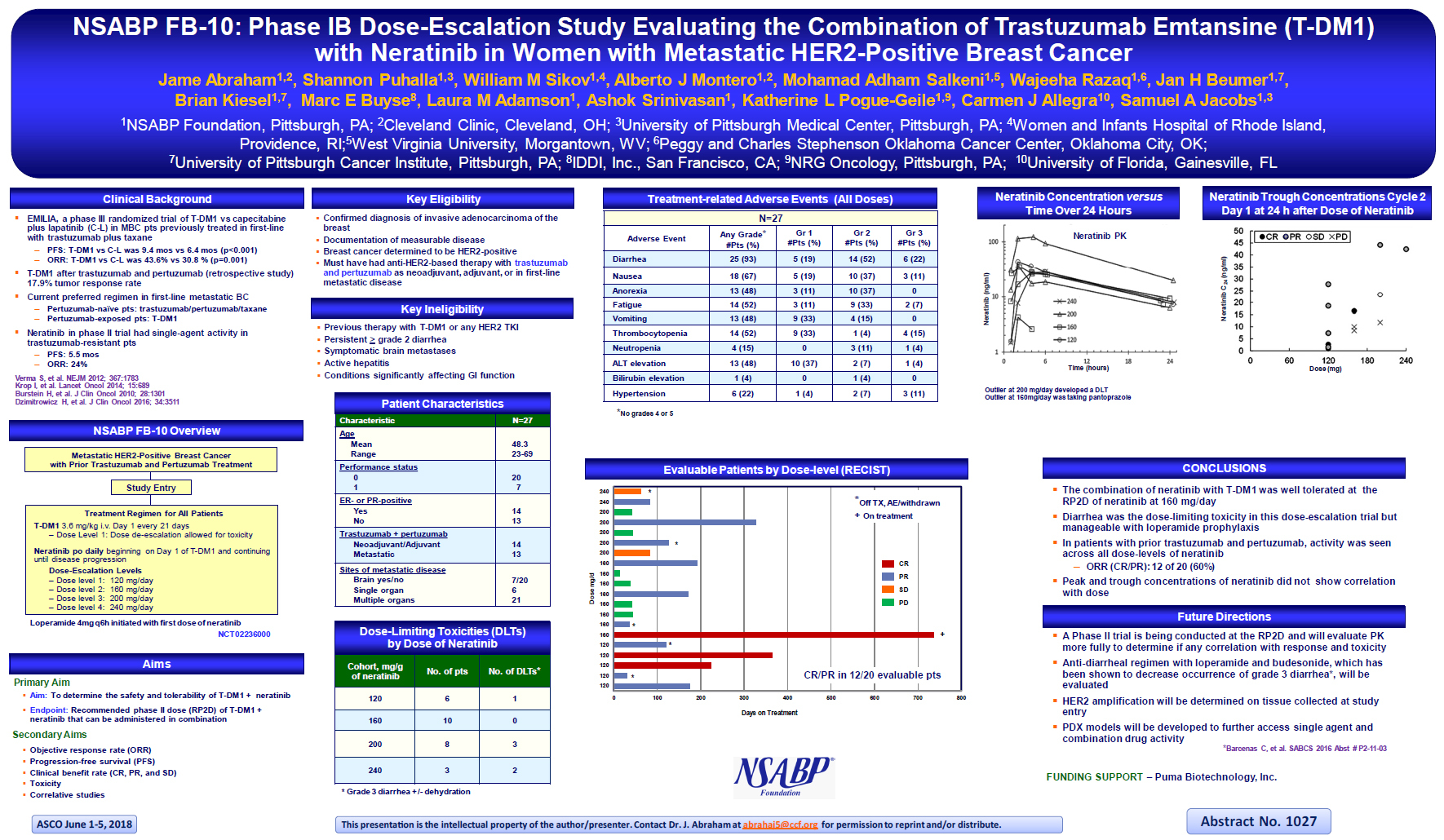
Puma Biotechnology Presents Interim Results of Phase Ib/II FB-10 Trial of PB272 in Combination with Trastuzumab Emtansine (T-DM1) in HER2-Positive Metastatic Breast Cancer at the 2018 ASCO Annual Meeting | Business Wire

Optimal Strategies for Successful Initiation of Neratinib in Patients with HER2-Positive Breast Cancer - Clinical Breast Cancer

Trastuzumab Emtansine: A Novel Antibody–Drug Conjugate for HER2-Positive Breast Cancer | Clinical Cancer Research

12 Foods for Breast Cancer Prevention | Breast Cancer Center | Everyday Health
Posting Komentar untuk "her2 positive foods to avoid"